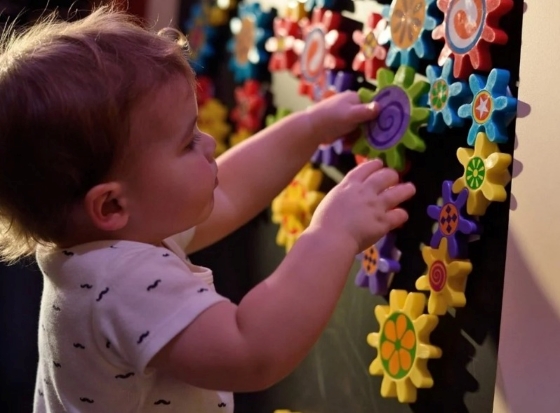 Equitable Access to Quality Early Learning Experiences Matters
Equitable Access to Quality Early Learning Experiences Matters
Early learning educators share what a future might look like, in which every child in the country has access to high-quality early learning experiences and the resulting long-lasting impacts.
Ensuring appropriate and effective education for their children is a concern all families naturally grapple with, and it is not limited to the K-12 education environment. The caregivers of our country’s youngest children often face particularly daunting challenges in finding programs that can do two things: care for their infants, toddlers, and preschoolers so they can work; and provide a stimulating environment so their children can learn.
Access to early learning programs is complicated. Unlike K-12 education, early learning is not a cohesive system or a continuous program, but a collection of offerings supported by federal, state, and local funding streams that have been created in response to research and caregiver demand. For example, Head Start programs are available at no cost to children ages birth to 5 from low-income families. The federal government sends funding for Head Start to states and local entities. States may, or may not, add additional money to these programs.
Click here to continue reading the article.
